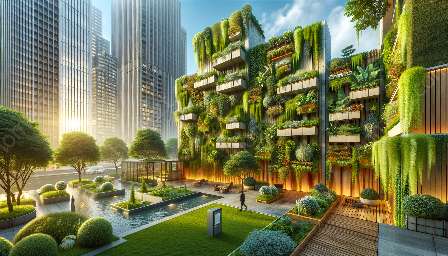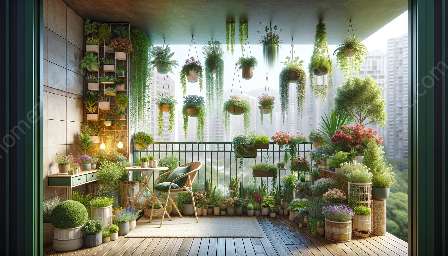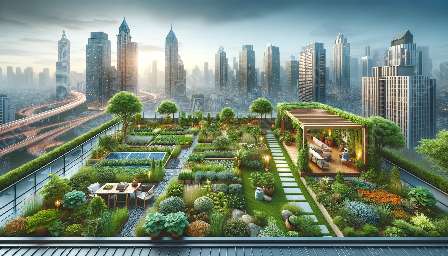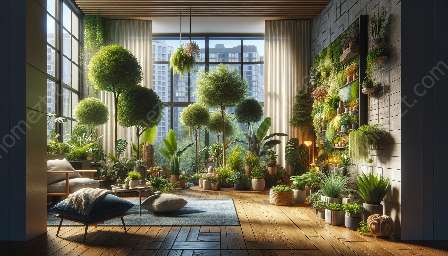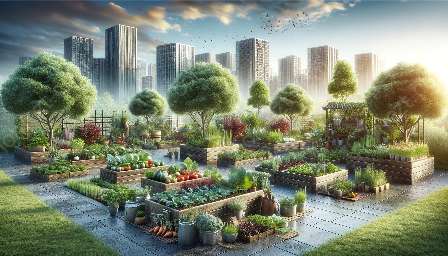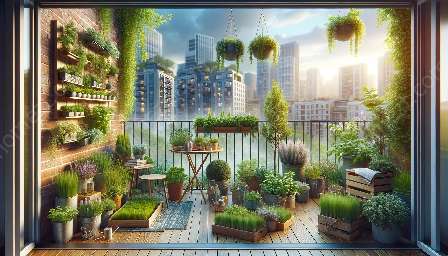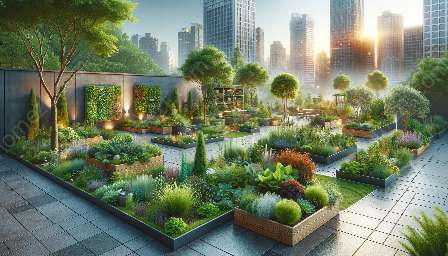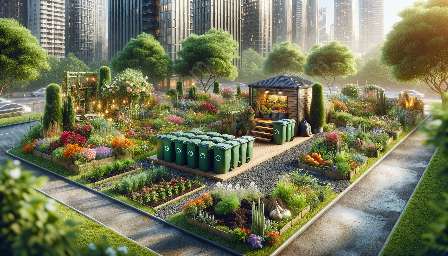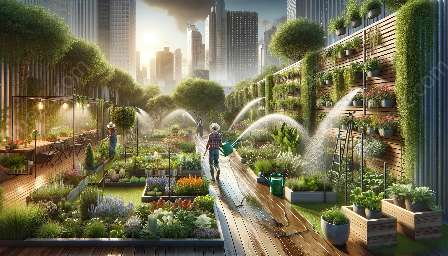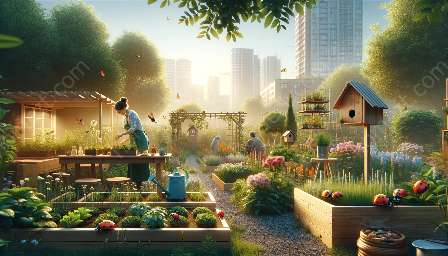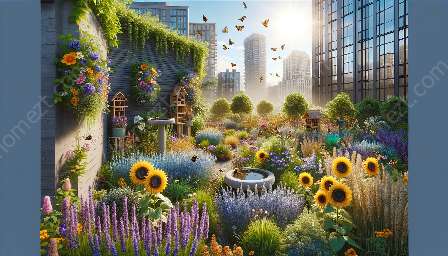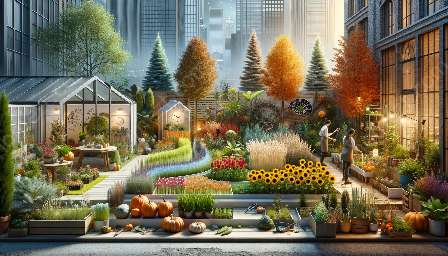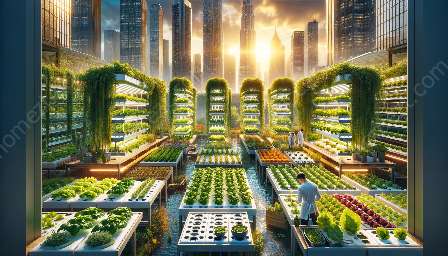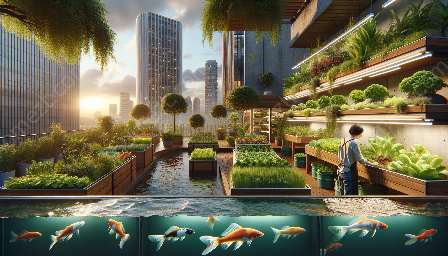Urban gardening and landscaping offer wonderful opportunities to create beautiful, green spaces even in small or urban areas. However, maintaining a healthy garden in an urban environment comes with its challenges, particularly when it comes to pest control. By integrating effective pest control methods compatible with urban gardening, you can ensure the success of your gardening and landscaping endeavors.
The Importance of Pest Control in Urban Gardening
Urban environments often present unique challenges for gardeners and landscapers. Limited space, environmental pollutants, and high population density can contribute to increased pest pressure on plants. In urban gardening, pests such as aphids, whiteflies, mites, and other common garden pests can quickly infest your plants, leading to stunted growth and decreased yield.
Effective pest control is crucial to maintaining healthy plants in an urban setting. However, it's equally important to consider the environmental impact of pest control methods. Urban gardeners and landscapers are increasingly seeking eco-friendly and safe pest control solutions that protect their plants while also preserving the urban ecosystem.
Eco-Friendly Pest Control for Urban Gardening
When it comes to pest control in urban gardening, there are numerous eco-friendly methods that can help manage pests without harming the environment or beneficial insects. These methods include:
- Companion Planting: Utilize the natural pest-repelling properties of certain plants by interplanting them with susceptible crops. For example, marigolds can deter nematodes, while basil can repel mosquitoes and flies.
- Biological Pest Control: Introduce beneficial insects like ladybugs, lacewings, or predatory mites to control pest populations naturally. These beneficial insects can help keep pest populations in check without the need for chemical pesticides.
- Organic Sprays and Soaps: Utilize organic sprays and insecticidal soaps made from natural ingredients to control pests like aphids and mites. These products are safe for people, pets, and the environment.
- Cultural Practices: Implement cultural practices such as proper sanitation, crop rotation, and soil health maintenance to prevent pest infestations and promote plant resilience.
Pest Control and Sustainable Landscaping
In addition to urban gardening, effective pest control is essential for sustainable landscaping practices. By integrating pest control methods compatible with landscaping, you can ensure the health and beauty of your outdoor spaces. Consider the following pest control strategies for sustainable landscaping:
- Drought-Tolerant Plants: Selecting drought-tolerant plants that are well-adapted to the local environment can reduce the need for excessive watering, decreasing the risk of creating pest-friendly conditions.
- Integrated Pest Management (IPM): Implement an IPM approach that combines proactive monitoring, cultural practices, and targeted pest control methods to minimize the impact of pests while using pesticides as a last resort.
- Native Plant Landscaping: Utilize native plants in your landscaping design to attract beneficial insects and wildlife that can help control pest populations naturally.
- Water Conservation: Proper water management practices, such as drip irrigation and mulching, can help reduce the risk of attracting pests and diseases in your landscaping.
Conclusion
As urban gardening and landscaping continue to gain popularity, it's essential to prioritize effective and eco-friendly pest control methods to ensure the success of your green spaces. By incorporating sustainable pest control practices, you can create thriving gardens and landscapes that contribute to a healthier urban environment. Embracing eco-friendly pest control not only protects your plants but also supports the overall ecological balance in urban settings, fostering a greener and more sustainable future.


